Description
Anna Karenina (Russian: Анна Каренина) is an enduring literary and humanitarian masterpiece that has been translated into most languages and reprinted hundreds of times. Critics’ opinions on this novel have varied, with many studies ranging from complete admiration to relative, if not outright rejection. Those who admired it admired it because they saw it as the essence of Tolstoy’s art and the finale of his greatest works. Those who criticized it and attacked it did so because they saw technical flaws and significant secondary events that accompany and almost overshadow the main story.
Tolstoy opens Anna Karenina with the famous line: “All happy families are alike, but every unhappy family is unhappy in its own way.”
The novel’s events feature diverse human models, most of whom are afflicted with the disease of class, nobility, or a heavy legacy. These human models are often unstable and abnormal, with many conflicts interacting within them, most notably between heart and mind, between love and duty, between the husk and the core, and between the backwardness of the clergy and the Enlightenment movement among Russian intellectuals.
What is unique about Leo Tolstoy’s writings is that you, as a reader, are not influenced by Leo Tolstoy’s completely neutral opinion of each character. Rather, the author leaves you the space to form your own opinion and position, thus stimulating debate among all who read the novel. Anna Karenina is not like all novels, where the reader is often influenced by the author’s opinion of the character, unlike Leo Tolstoy’s writings. Tolstoy’s rational mindset also recognized that no character speaks only good, while another uses evil in everything they do in the novel. Rather, Tolstoy believed that every person has a heart, a mind, and a higher interest. No one does anything without their own justification, which may or may not be consistent with the ideals novelists typically seek to promote in societies. Everyone in the novel is pathetic, selfish, and logically justified. Furthermore, Tolstoy, as a novelist, never shyed away from the importance of adhering to religious teachings as the best way out of any situation. This may be due to his belief that divine wisdom and religious teachings transcend all human, positivist solutions and wisdom, and this is what the reader senses in the novel.
This novel is considered one of the most controversial to date, because Tolstoy discusses one of the most important social issues facing all human societies, especially European ones following the Industrial Revolution, and the resulting preoccupation with material things and the diseases associated with money among the aristocratic classes at the time.

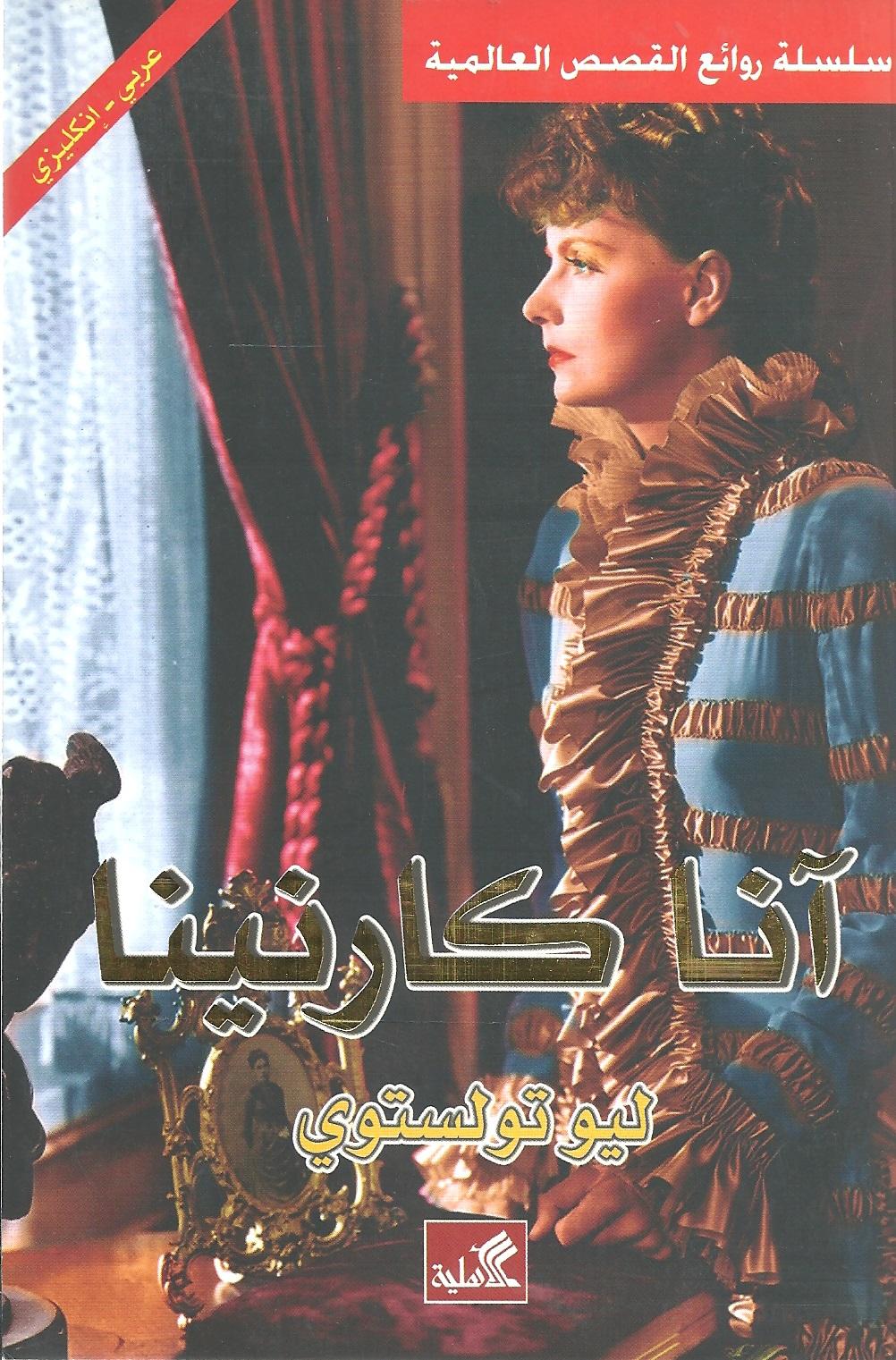
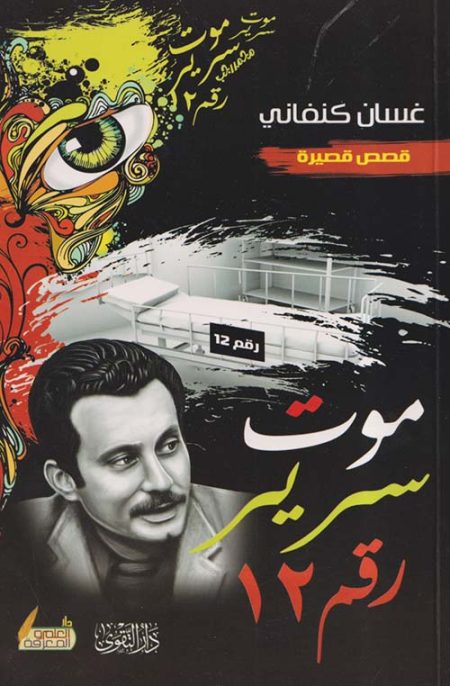
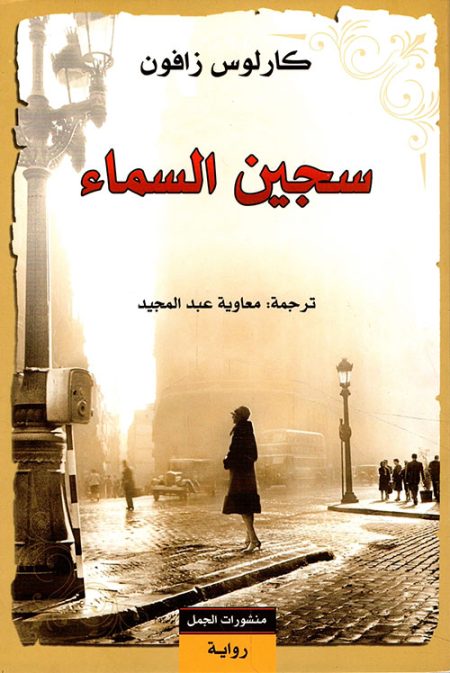
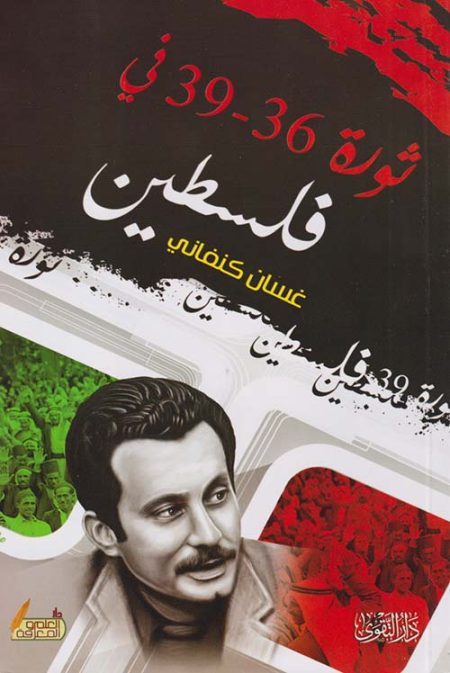
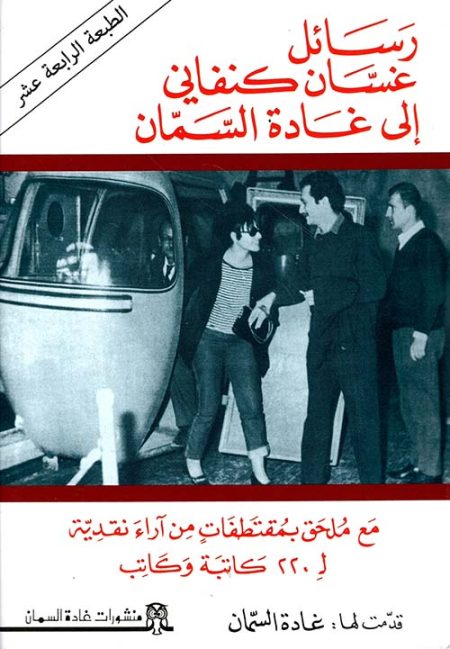
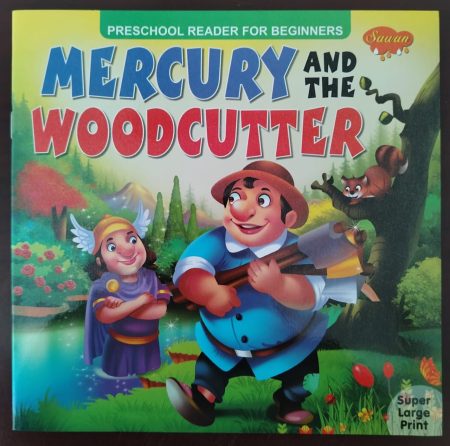
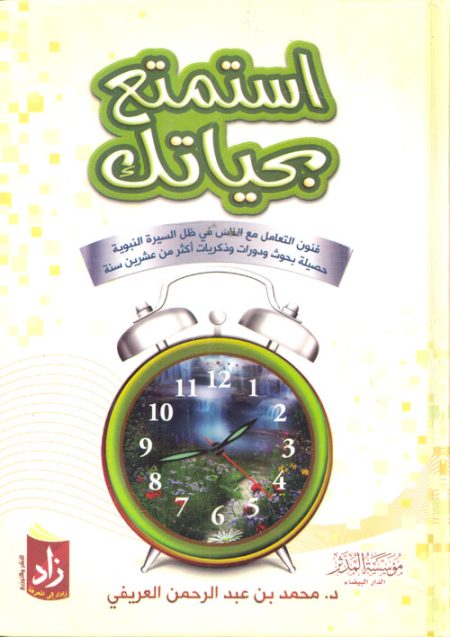
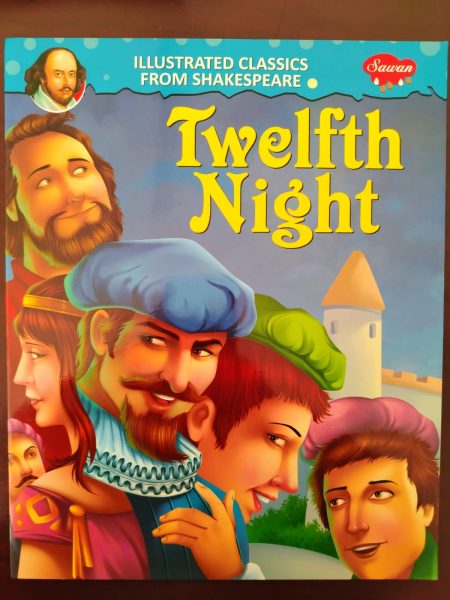
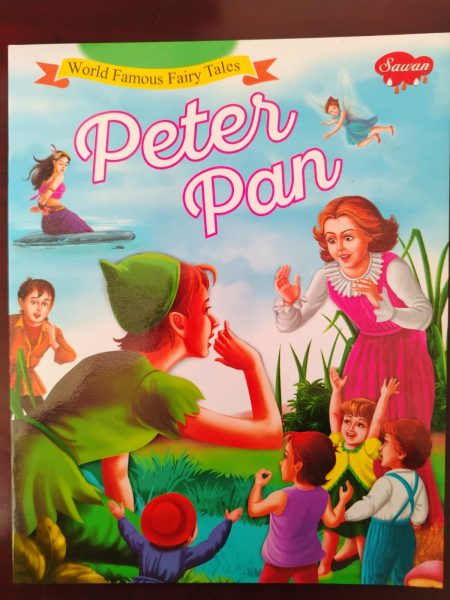

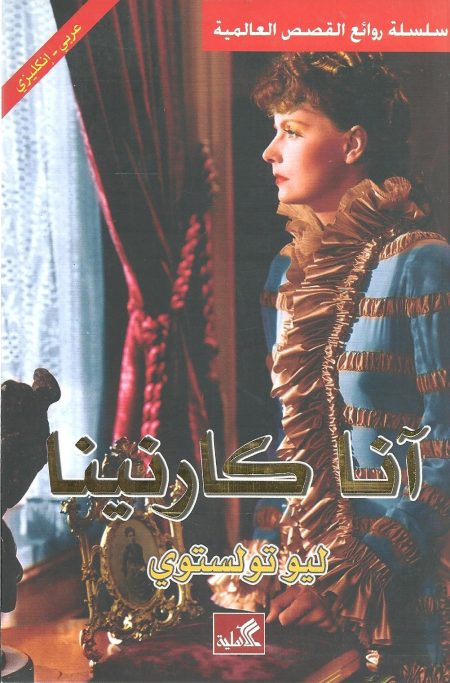
Reviews
There are no reviews yet.